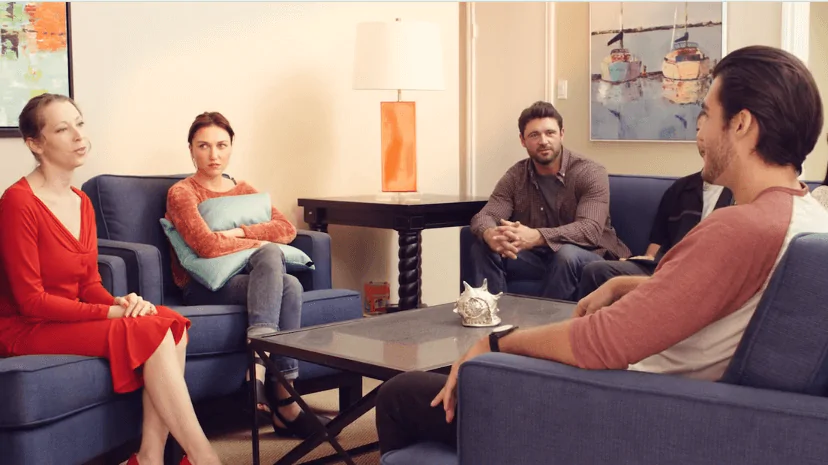24/7 Helpline:
(866) 899-111424/7 Helpline:
(866) 899-1114
Other Insurance Options

Lucent

Choice Care Network

United Health Care

BHS | Behavioral Health Systems

GEHA

Anthem

ComPsych

Cigna

Molina Healthcare

Multiplan

Holman Group

BlueCross

Sutter

American Behavioral

PHCS Network

Horizon Healthcare Service

WellPoint

Premera

Covered California

Absolute Total Care













